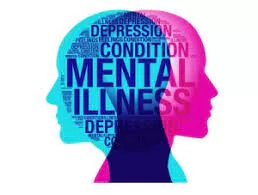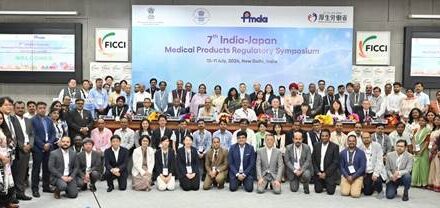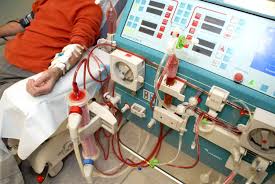Researchers find that non-deceptive placebos can significantly alleviate stress, anxiety, and depression in just two weeks.
In a groundbreaking study published in the journal Applied Psychology: Health and Well-Being, a team of scientists has discovered that even placebos, when administered without deception, can help reduce stress, anxiety, and depression in individuals. The findings are particularly notable as the intervention was delivered remotely, offering a promising new avenue for mental health care.
The study involved participants who had been experiencing prolonged stress due to the pandemic. Over the course of two weeks, these individuals took part in a randomized controlled trial, during which they interacted with researchers through four virtual sessions on Zoom. Those assigned to the non-deceptive placebo group were educated about the placebo effect and subsequently received placebo pills by mail, along with instructions on how to take them.
Remarkably, the participants in the non-deceptive placebo group reported significant decreases in stress, anxiety, and depression compared to a control group that received no treatment. The results were observed in just two weeks, highlighting the potential of minimal interventions to produce substantial mental health benefits.
Jason Moser, a co-author of the study and professor in Michigan State University’s Department of Psychology, emphasized the significance of these findings. “Exposure to long-term stress can impair a person’s ability to manage emotions and cause significant mental health problems in the long run,” Moser explained. “We are excited to see that an intervention that takes minimal effort can still lead to significant benefits. This minimal burden makes non-deceptive placebos an attractive intervention for those with significant stress, anxiety, and depression.”
The ease of use and appropriateness of the non-deceptive placebos were also noted by the participants, who found the intervention to be neither burdensome nor difficult to incorporate into their daily lives.
The study’s findings are particularly promising for the future of remote mental health care. Darwin Guevarra, co-author of the study and postdoctoral scholar at the University of California, San Francisco, highlighted the scalability potential of remotely administered non-deceptive placebos. “This ability to administer non-deceptive placebos remotely increases scalability potential dramatically,” Guevarra stated. The researchers are optimistic that this approach could help individuals struggling with mental health issues who might not have access to traditional mental health services.
The study opens new possibilities for the use of placebos in mental health treatment, particularly in settings where conventional therapies may not be readily accessible. As the mental health impacts of prolonged stress continue to be a pressing concern, innovative approaches like non-deceptive placebos could play a crucial role in addressing these challenges.
This research represents a significant step forward in understanding how minimal interventions, such as placebos, can have a profound impact on mental well-being, offering hope to those in need of effective and accessible treatment options.











